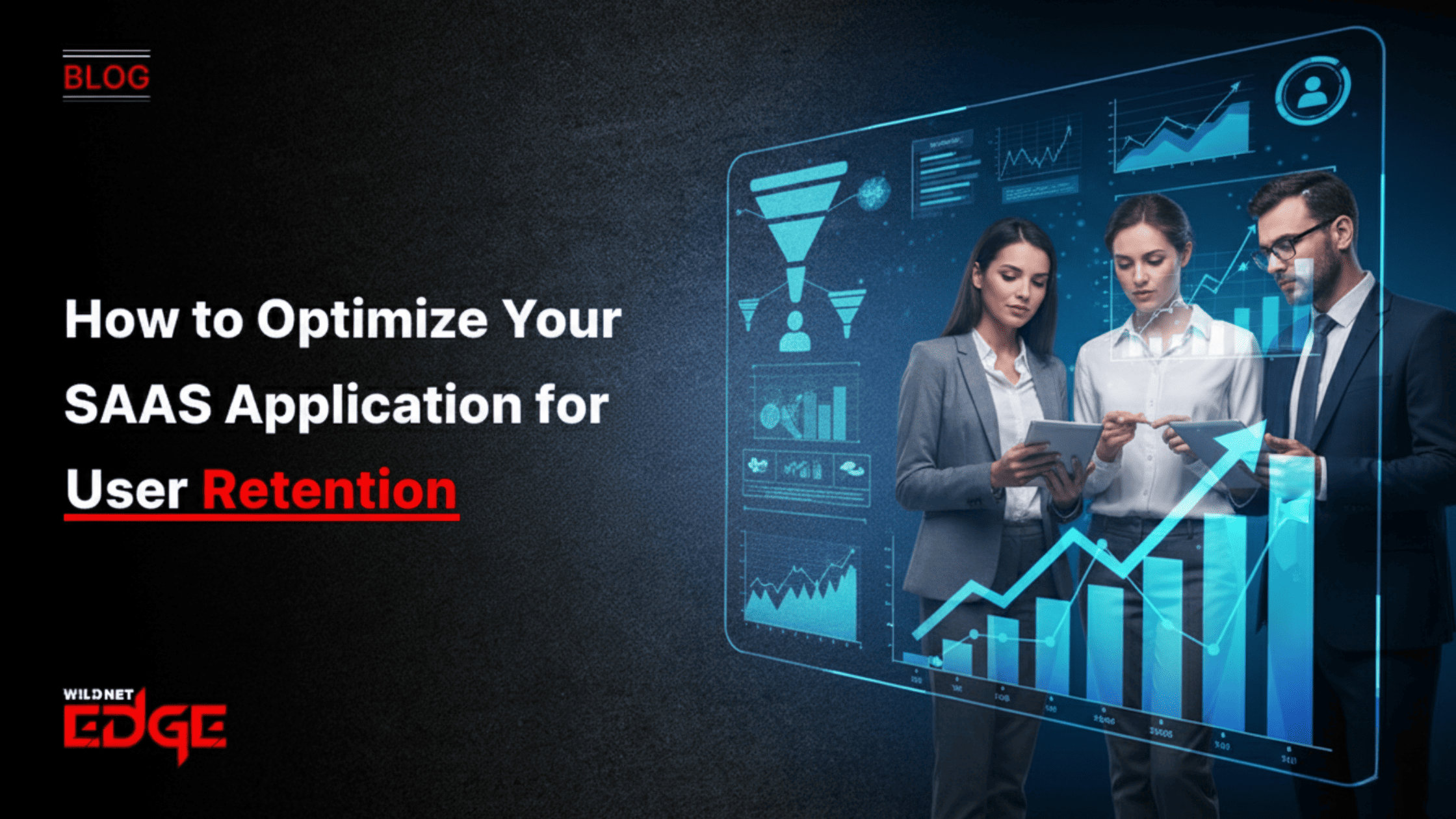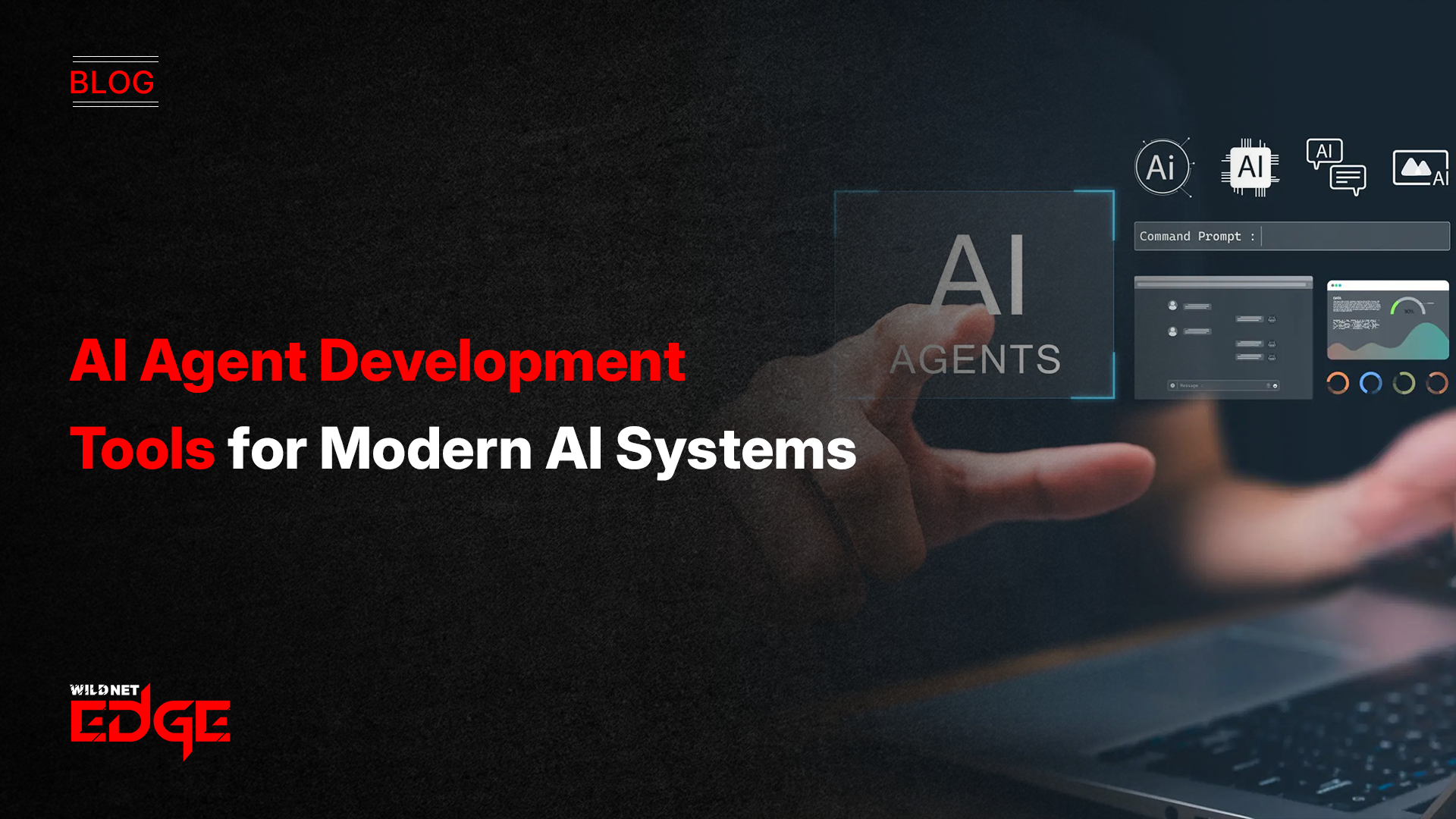TL;DR
This article outlines why SaaS user retention is a critical metric for sustainable business growth, often more important than acquisition. It explains that high churn rates can cripple a SaaS company and details a strategic framework for keeping users engaged. The blog covers key SaaS engagement strategies, including perfecting the user onboarding process, delivering continuous value through product updates, implementing proactive customer support, and actively collecting user feedback. It emphasises that retention is an ongoing effort, requiring a deep understanding of user behaviour and a commitment to providing a valuable, frictionless experience.
You’ve built a great SaaS product, launched it successfully, and users are signing up. Congratulations! But the most challenging part is just beginning. In the Software-as-a-Service world, acquisition is only the first step; the real challenge lies in keeping those hard-won users engaged and subscribed month after month. High churn can silently kill even the most promising SaaS business. Mastering SaaS user retention is not just about reducing losses; it’s the most fundamental driver of long-term, profitable growth.
Why SaaS User Retention is Your Most Important Metric
Focusing on retention is a strategic decision for any subscription-based business. Consider these points:
- Profitability: Acquiring a new customer is significantly more expensive than keeping an existing one. Studies consistently show it costs 5-10x more to attract a new customer than to retain one.
- Predictable Revenue: High retention leads to a stable and predictable Monthly Recurring Revenue, which is the core of a SaaS company and crucial for financial planning and investment.
- Growth Multiplier: Happy, long-term users are more likely to upgrade their plans, expand their usage and become advocates who refer new customers often, your best source of acquisition. A high SaaS user retention rate acts as a growth multiplier.
Core SaaS Engagement Strategies to Reduce Churn
Improving SaaS user retention requires a deliberate, multi-faceted approach focused on delivering continuous value and building strong relationships. These are essential customer retention tips.
1. Master the Onboarding Experience
The first few interactions a user has with your product are critical. If they don’t quickly understand how to use it and experience its core value, they are likely to drift within days. Your onboarding should be:
- Fast and Frictionless: Get users to value as quickly as possible.
- Guided: Use in-app tutorials, checklists, or welcome emails to guide them through key initial steps.
- Personalised: Tailor the onboarding based on the user’s role or stated goals.
2. Continuously Deliver Value (Product)
Users stick with products that consistently solve their problems and help them achieve their goals. This means your product cannot remain static.
- Regular Updates: Release meaningful new features and improvements regularly based on user feedback.
- Performance and Reliability: Ensure your application is fast, stable, and bug-free. Poor performance is a major driver of churn.
- Listen to Users: Actively solicit feedback and use it to inform your product roadmap. Making users feel heard is a powerful retention tool. This is where expert Product Development Services become invaluable.
3. Offer Proactive and Accessible Customer Support
When users run into problems, they need help quickly and easily. Don’t make them hunt for a support email address.
- In-App Chat/Help Centre: Provide instant support options directly within your application.
- Knowledge Base: Maintain a comprehensive and easily searchable help documentation library.
- Proactive Outreach: Use analytics to identify users who might be struggling and reach out to offer help before they get frustrated.
4. Engage Users Outside the Application
Building a relationship goes beyond the product itself.
- Email Marketing: Send valuable content, tips, case studies, and personalised check-ins (not just sales pitches).
- Community Building: Create a forum or community group where users can connect, share best practices, and learn from each other.
- Feedback Loops: Regularly ask for feedback through surveys or direct outreach.
Measuring and Analysing SaaS User Retention
You cannot improve what you don’t measure. Key metrics include:
- Churn Rate: The percentage of users who stop using your service over a given period.
- Retention Rate: The percentage of users who remain active over time.
- Customer Lifetime Value: The total revenue you expect to generate from a single customer account.
- Net Promoter Score (NPS): A measure of customer loyalty and willingness to recommend your product.
Analysing these metrics, often segmented by user cohort or plan type, will reveal patterns and highlight areas needing improvement.
Our Retention Strategies in Action: Case Studies
Case Study 1: A Project Management SaaS’s Onboarding Revamp
- The Challenge: A project management tool had a high sign-up rate but a dismal 30-day retention rate. User analytics showed most users dropped off within the first 48 hours.
- Our Solution: We provided SaaS Development Services to completely redesign their onboarding flow. We implemented an interactive checklist, contextual tooltips, and triggered emails based on user actions.
- The Result: The new onboarding process increased their 30-day retention rate by 45%. Users were reaching their “aha!” moment much faster, leading to significantly higher engagement and fewer early abandons.
Case Study 2: A Marketing Automation Tool’s Proactive Support
- The Challenge: A complex marketing automation platform had a dedicated user base but was losing some mid-tier customers who felt overwhelmed. Their support was purely reactive.
- Our Solution: We integrated an AI-powered analytics tool that monitored user behaviour to identify patterns indicating confusion or underutilization of key features. This triggered proactive in-app messages and emails offering targeted help resources or suggesting a call with a customer success manager.
- The Result: The proactive support system reduced churn among their mid-tier customers by 20%. Customers reported feeling more supported and were able to unlock more value from the platform, improving overall SaaS user retention.
Our Technology Stack for SaaS Retention
We use a modern stack to build engaging features and track user behaviour.
- Analytics: Mixpanel, Amplitude, Heap, Segment
- In-App Messaging/Support: Intercom, Drift, Zendesk
- Email Marketing: Customer.io, Braze, HubSpot
- Backend: Node.js, Python, Ruby on Rails
- Frontend: React, Vue.js
Conclusion
Thus, SaaS user retention is the core of a healthy, profitable subscription business. It requires a relentless focus on delivering value, understanding your users, and building strong relationships. By implementing effective SaaS engagement strategies and using data to guide your decisions, you can turn your application into a product that users can’t live without.
Are you ready to make retention your growth engine? At Wildnet Edge, our AI-first approach enhances our Custom Software Development Services, allowing us to build intelligent onboarding flows, predictive churn models, and personalised user experiences that maximise customer lifetime value.
FAQs
Onboarding is your first, best chance to prove your product’s value. If users don’t understand how to use your app or don’t experience its core benefit quickly, they are highly likely to churn within the first few days. A smooth onboarding process is critical for long-term retention.
Continuous value can also come from performance improvements, enhanced reliability, better integrations with other tools they use, excellent customer support, and valuable educational content related to their industry or goals.
A Customer Health Score is a metric calculated based on various user behaviours (e.g., login frequency, feature usage, support tickets submitted). It helps predict which customers are highly engaged and likely to stay, and which are disengaged and at risk of churning, allowing you to intervene proactively.
Different users have different needs and behaviours. Segmenting your users, e.g., by plan type, industry, or usage patterns, allows you to tailor your communication, feature announcements, and support efforts to be more relevant and practical for each group.
It depends on the context, but regular, value-driven communication is key. This could include monthly newsletters with tips, weekly usage summaries and immediate notifications for critical updates. Avoid purely promotional emails; focus on helping them succeed with your product.
Pricing plays a significant role. If your pricing is perceived as unfair, too complex, or not aligned with the value delivered, it can be a major driver of churn.
The first step is always to understand why users are leaving. Conduct churn surveys, interview past customers and analyse user behaviour data for churned accounts. Identifying the root causes of churn is essential before implementing practical customer retention tips.

Nitin Agarwal is a veteran in custom software development. He is fascinated by how software can turn ideas into real-world solutions. With extensive experience designing scalable and efficient systems, he focuses on creating software that delivers tangible results. Nitin enjoys exploring emerging technologies, taking on challenging projects, and mentoring teams to bring ideas to life. He believes that good software is not just about code; it’s about understanding problems and creating value for users. For him, great software combines thoughtful design, clever engineering, and a clear understanding of the problems it’s meant to solve.
 sales@wildnetedge.com
sales@wildnetedge.com +1 (212) 901 8616
+1 (212) 901 8616 +1 (437) 225-7733
+1 (437) 225-7733















 ChatGPT Development & Enablement
ChatGPT Development & Enablement Hire AI & ChatGPT Experts
Hire AI & ChatGPT Experts ChatGPT Apps by Industry
ChatGPT Apps by Industry ChatGPT Blog
ChatGPT Blog ChatGPT Case study
ChatGPT Case study AI Development Services
AI Development Services Industry AI Solutions
Industry AI Solutions AI Consulting & Research
AI Consulting & Research Automation & Intelligence
Automation & Intelligence















